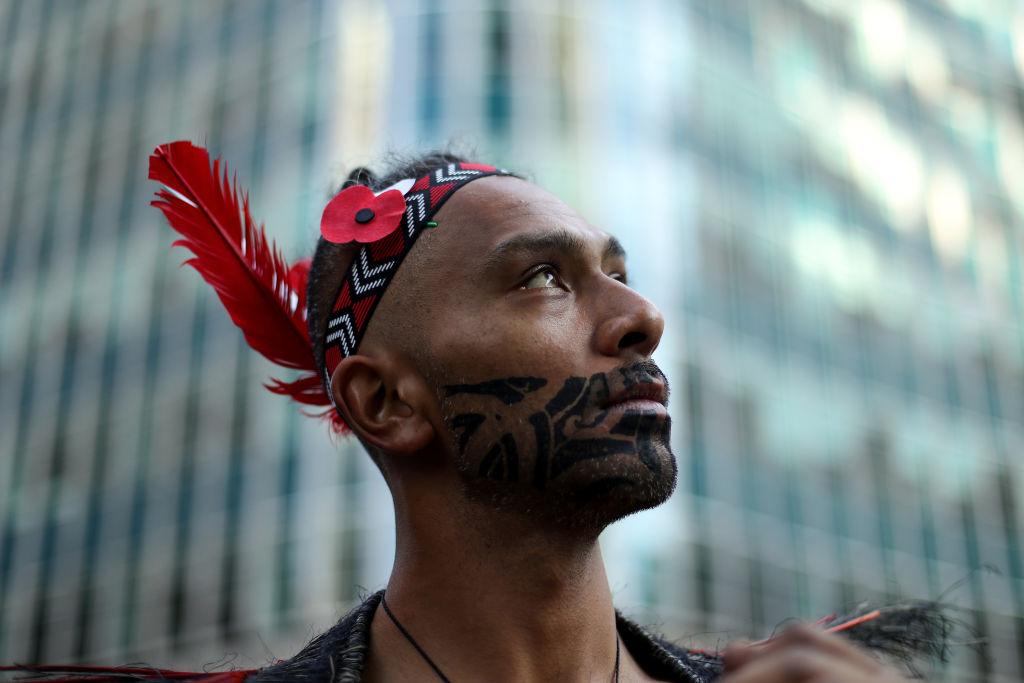New Zealand and Canada have signed a collaboration arrangement to improve outcomes for Indigenous peoples, both governments announced on Wednesday.
New Zealand Minister for Maori Development Willie Jackson and Canadian Minister for Indigenous Services Patty Hajdu signed the agreement in Wellington during Hajdu’s week-long visit to the small island nation.





